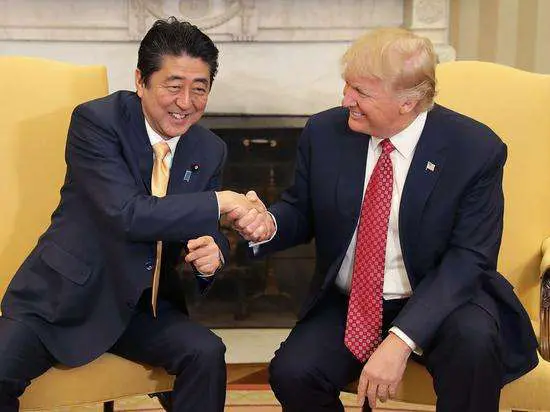The Egyptian popular protests that led to the overthrow of Islamist President Mohamed Morsi were not "a photoshop uprising" and the video footage of the protests were not fabricated as the Muslim Brotherhood (MB) claims, an Egyptian filmmaker has told Xinhua in an exclusive interview.
Movie director Khaled Youssef, who was allowed by the armed forces to embark a military helicopter to shoot the massive June 30 protests, has been accused by the MB, Morsi's main supporters, of using graphic effects to falsely multiply the numbers of anti-Morsi protesters on that day.
"When the Islamists, particularly the MB, saw millions of anti-Morsi protesters flooding the streets, they were shocked and met the fact with a state of denial," Youssef said. "They had to find an excuse for their denial, so it was me."
"Editing and adding graphic effects to such several-hour video material would need at least three months and a specialized graphic team," said the filmmaker, noting that the uprising shots were displayed only half an hour after filming.
Youssef's last movies in 2008 and 2009 were considered among the factors that motivated people for change and sparked the January 2011 upheaval that ousted Mubarak.
Youssef, a student of late unique filmmaker Youssef Chahine, said that his movie "Heena Maysara" (Until Things Get Better), for example, reflected the sufferings of many people living in slums, and then his "Heya Fawda" (This is Chaos) and finally "Dokkan Shehata" (Shehata's Store) foreshadowed what happened in June 30 uprising.
"Although produced in 2009, 'Dokkan Shehata' foreshadowed what happened between the two uprisings in 2011 and 2013, including security deterioration, spread of thugs, rise of Islamists, etc," he explained.
The filmmaker is criticized for not producing any films since 2009 until some critics said he's being "more of a political activist than an artist."
"Due to the turmoil, I could not think as an artist but as an Egyptian whose nation is struggling for freedom, but now after June 30 uprising has successfully toppled Morsi, I will go back to filmmaking," he said.
The filmmaker sees it is necessary to end pro-Morsi major sit-ins in Cairo and Giza, arguing that some Morsi's loyalists use weapons in confrontations and resort to violence against opponents, citing an assault against his own car by Islamists in December 2012.
As for current attempts for national reconciliation, Youssef welcomed the idea "provided the MB should denounce violence and acknowledge that Egypt's interests are more important than the group's."
Earlier this month, the Egyptian government demanded an end to sit-ins staged by supporters of Morsi after foreign mediation failed.
But the MB held that any initiative to resolve the ongoing crisis in Egypt should be based on the principle of constitutional legitimacy and the return of Morsi as the democratically elected president.
In an exclusive interview with Xinhua earlier this month, Essam al-Erian, deputy chief of the Brotherhood's Freedom and Justice Party (FJP), demanded the return of the suspended constitution and referred to Morsi's overthrow in early July through popular-backed military procedures as "a coup."
He also said military leaders should be held responsible for resultant bloodshed.
Khaled Youssef
Egyptian filmmaker
 简体中文
简体中文





